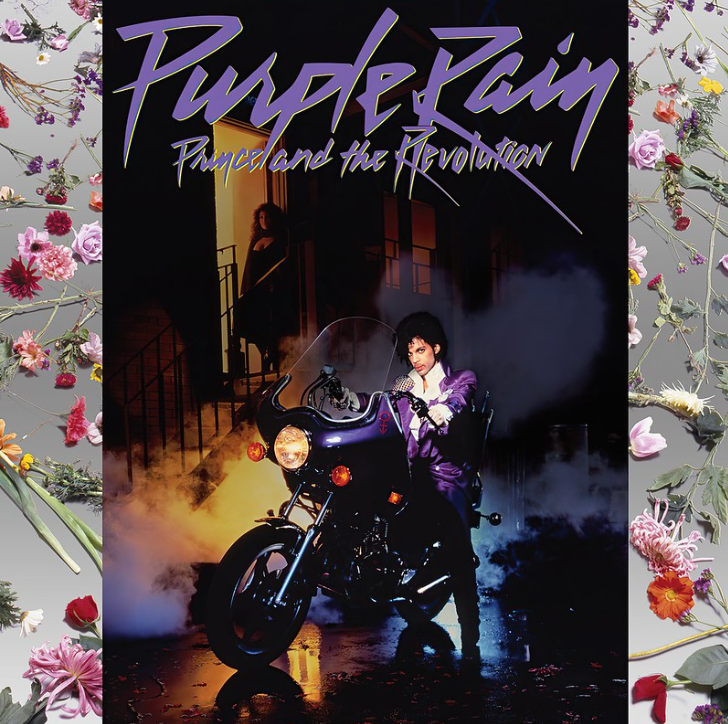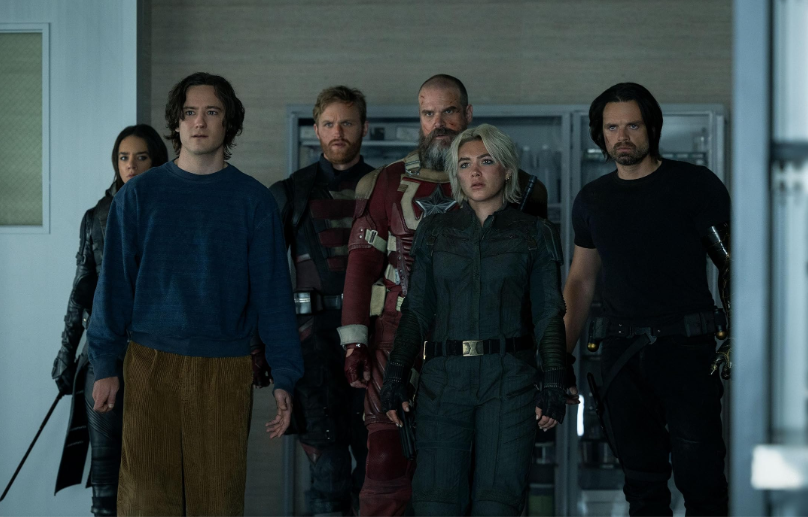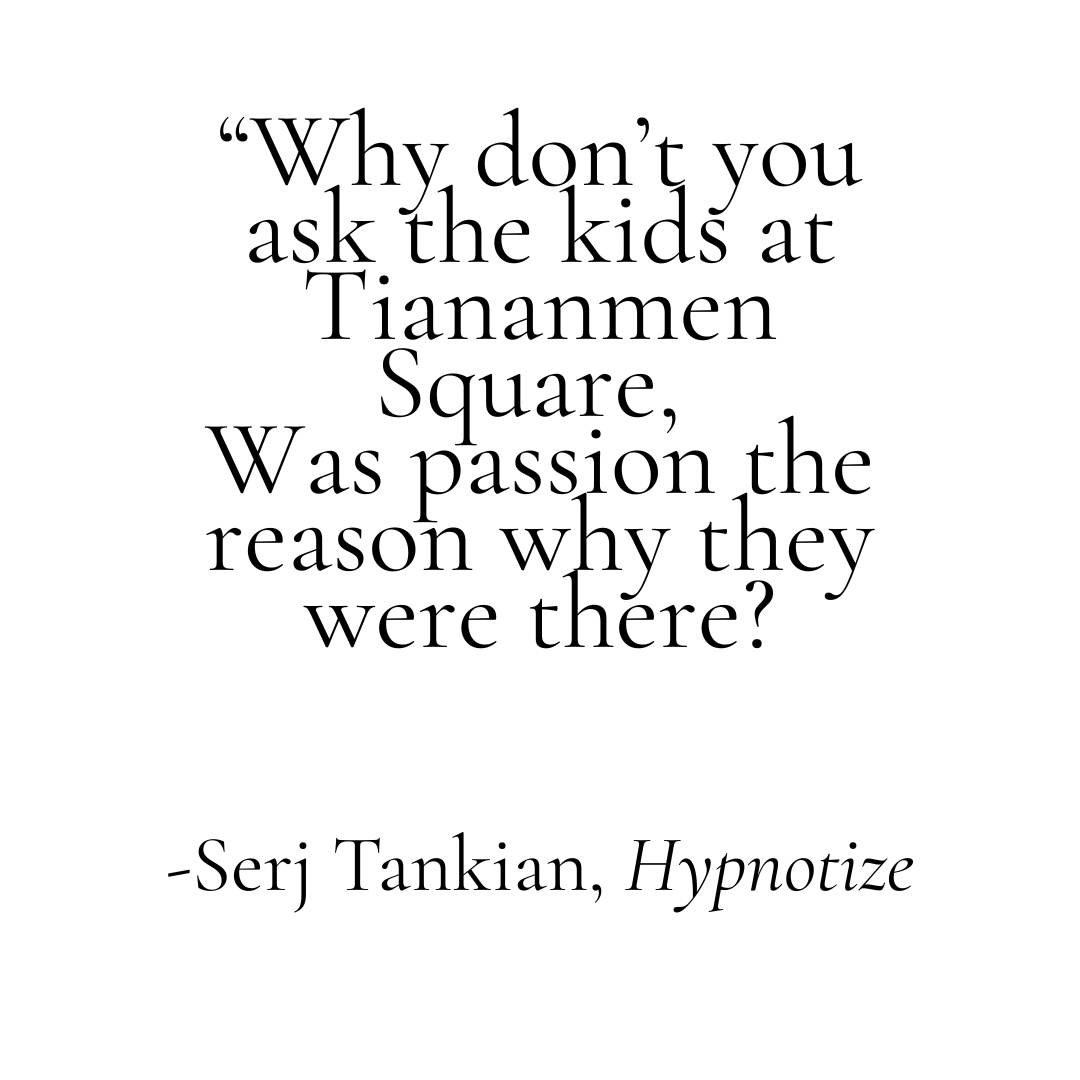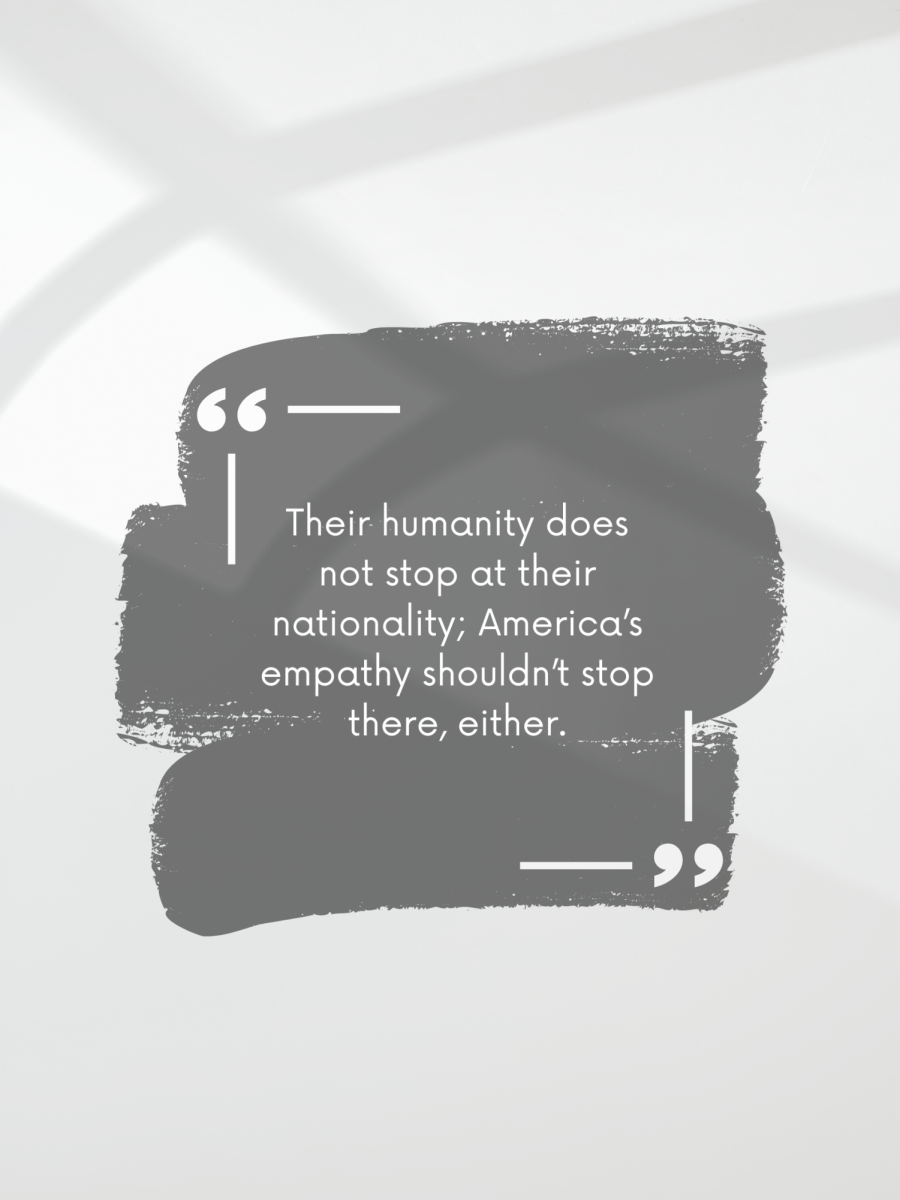Warning: Spoilers ahead!
I recently convinced my sister to sit down with me one night and watch a new animated show I had been hearing about Invincible. Not only did one episode turn into many more, but the character of Amber Bennett was instantly our favorite– for one episode at least.
If you’re a fan of the show, the name Amber probably makes your blood boil. For people unfamiliar with the show, she’s the main character’s girlfriend, eventually ex-girlfriend. As for the rest of the show, it’s about a teenager, Mark Grayson, who develops powers and becomes a superhero in a world full of corruption.
Some more background on Amber is that the first time you meet her is at Mark’s school. She takes down a bully for Mark because he starts the show off as a vulnerable nerd. The show instantly establishes her as being strong-willed and caring. Watching her, my sister and I loved her personality, but we also knew that if a girl was in a show, she would most likely fall for the male main character. So by the next episode, when they became a couple — whether it be the blatant stereotype or how Mark’s childishness and her headstrongness clashed — our love for Amber faded.
In the fandom, another reason that the negative opinion of Amber grew was the obvious chemistry and inevitability of Mark’s relationship with his future girlfriend, Samantha Eve Wilkens. The show made their endgame relationship so obvious that Amber had no chance of looking good when fans saw her as the thing keeping the main couple apart. Still, there is more to this Amber hatred, though, and it’s that because, with Mark as the main character, the audience fails to acknowledge Amber’s feelings. This is also the same reason that Mark and Amber will break up.
In season one, Amber is still headstrong and often stands up for herself. Mark frequently isn’t there for her, and she speaks up about it. The fandom will argue, though, that Mark has bigger issues to deal with, which he does, in a sense, because of the whole superhero thing. So Amber’s complaining isn’t as important as everything else he is facing. There is a case to be made, though, that she also has a right to be heard. By Mark choosing to be in a relationship with her, he is also choosing to invest time in her.
Amber isn’t okay with being neglected in a relationship, so she stands up for herself and tries to communicate with Mark. However, because the audience inherently roots for Mark, Amber’s communication comes off as opposition rather than collaboration.
As a fan of the show, I can’t say that Amber is perfect. The college tour attack is her worst moment by far. After Mark becomes his secret identity and saves the campus, Amber gets mad at him once he returns as Mark Grayson for “running off.” Eventually, in that same episode, when she reveals that she knows Mark is the hero, Invincible, her lack of grace in the situation is infuriating.
They break up for the first time after this attack, but get back together in the season finale after Mark almost dies in the final fight.
In the second season, Mark and Amber show they are trying to make life work together. They’re trying to get past the miscommunication and problems they had during the high school years of their relationship. Most notably, Amber becomes much less vocal about her needs after seeing what Mark is facing. When the final fight of the first season is televised, she realizes what had upset the audience. When she vocalized her problems. It looked like whining compared to Mark’s issues, which were exponentially bigger than hers. So her caring side shows, and she tries to quiet her voice for the sake of the relationship.
There are many instances in the second season of Amber oppressing her opinion. One is when Mark returns from an extensive, multi-month-long mission to another planet, and Amber mentions that her grandpa died. I will admit that when she said this, my sister and I were visibly angry at her. We had seen everything Mark went through, and we, of course, are on his side because we have a front row seat to all his suffering. But looking back, Amber is alone during this season with no one to support her. She’s losing someone that she cares about, and when her boyfriend does return, it feels as though her problems are invalid compared to his. She suppresses her emotions and strong-willed personality, which we had fallen in love with, to be better for Mark. This harms the relationship and her, creating a power imbalance and fostering her fear of communication.
Eventually, they break up — the moment we had hoped for during two seasons. Zazie Beetz, the actor who voices Amber, quickly makes this heartbreaking with an emotional performance. Summing it up better than I could, she sobs, “I have no agency, Mark. Who am I to be upset or sad or feel anything when you’re literally saving the world?” These lines show that Amber understands what Mark is going through, but feels invalid in their relationship because of it.
Then she goes on to state, “My life matters too. Maybe it’s small, maybe it’s not Earth-shattering, but it matters. And it doesn’t matter when I’m with you.” Here she’s summarizing the whole second season, where she must give up bits of herself to fit into Mark’s life. Meanwhile, Mark is unable to focus on her, even when he had tried much more to understand her than real humans had.
Not only does this performance speak to her and Mark’s relationship, but it also speaks to the audience. For the whole show, the audience sees Amber as annoying because she thinks her problems need attention over Mark’s. But she never wants to be more important than Mark, she just wants to be equal. She wants the relationship to work, and she silences herself to be accepted as a girlfriend. Much of the audience lacks empathy for people other than the main character, especially when it feels like others are challenging them. This isn’t just because Mark is a superhero with world-changing consequences to his problems, but because humans have a hard time looking outside of the lens of the main character – who is often themselves.
What the show runners, I believe, are trying to emphasize to the audience, more so than Mark, is that by neglecting to consider outside perspectives, they are harming the people around them. In real-world relationships, the lack of empathy or consideration for other people is a real problem when their needs don’t benefit the “main character” of the situation. Even for people who do not explicitly want to diminish others’ issues, it is a subconscious action that can infect a whole fandom, including my sister and me, and vehemently turn thousands against a fictional character.
People don’t just hate Amber because she seems small compared to super-sized problems. They would hate her even if Mark weren’t a superhero, just for her advocating to be heard in a relationship. To make a relationship work, people can’t take all comments as attacking, but as the other side reaching out to better the situation. Whether it be a TV show or real life, it can be hard for many people to stop thinking about how to better their own life and focus on bettering the couple.
In the end, Mark and Amber are designed to fail. However, the lack of consideration for Amber and her voice, paired with Mark’s extreme challenges, changes her from a strong-willed woman to a quiet bystander. Most of all, though, the audience had despised her more than Mark ever did because she had vocalized herself. This reflects people’s problematic stance in their own relationships as opposed to Amber doing anything wrong.












